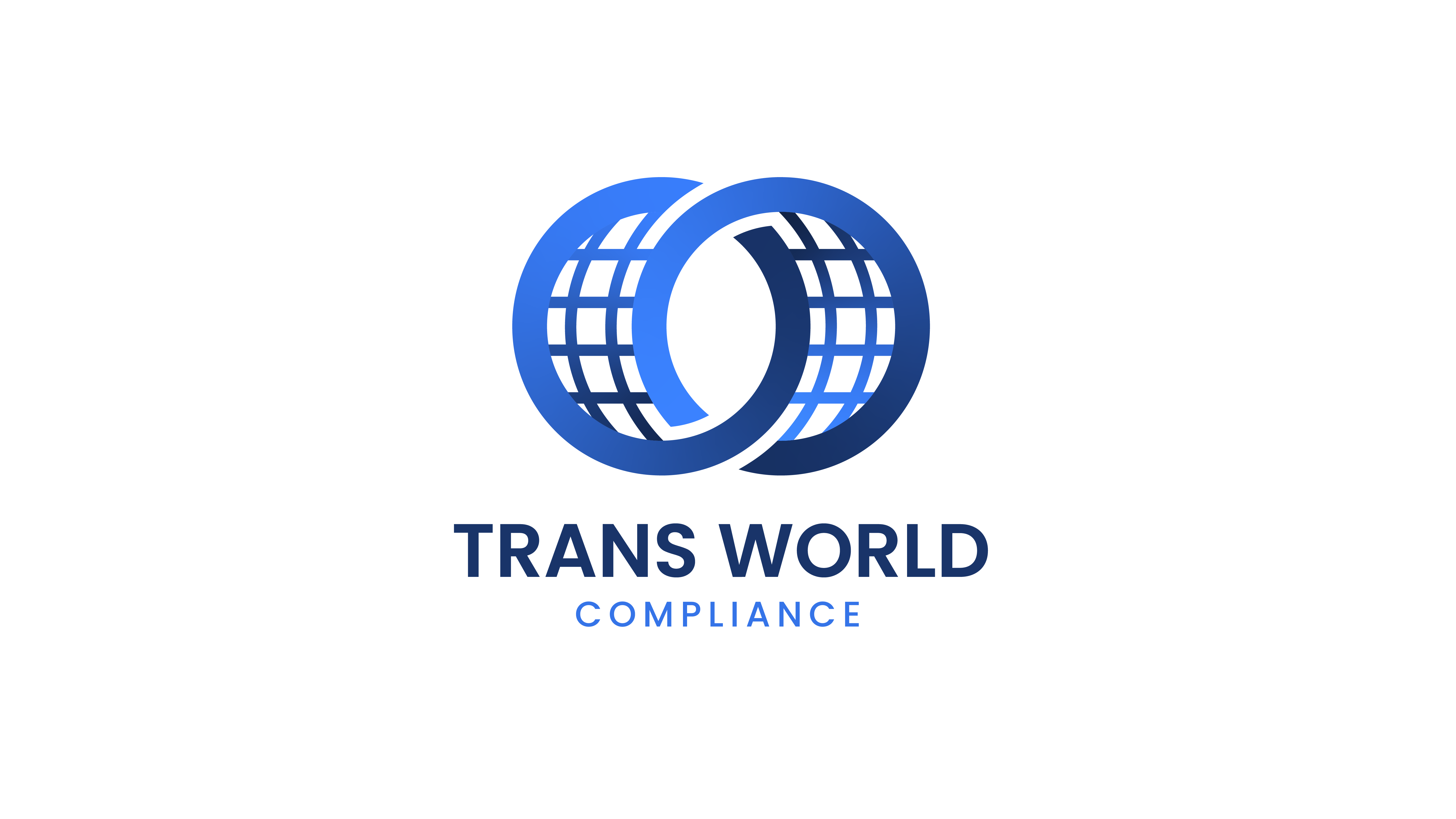Five Crucial Questions for Meeting FATCA Reporting Obligations
At Trans World Compliance, we understand financial institutions' challenges in meeting FATCA reporting requirements. Through our various events, we've had the opportunity to connect with industry leaders and gather their most common questions on this topic. This publication compiles some of these questions, which Avril Bell, CRS and FATCA Specialist and Executive Director of Complere Consulting, our strategic partner, has answered. Avril's in-depth knowledge and practical experience offer critical guidance on FATCA matters, ensuring that financial institutions remain compliant and informed.
1. How does FATCA address beneficial ownership, and what are the reporting obligations for financial institutions?
FATCA Intergovernmental Agreements (“IGAs”) follows the beneficial ownership model of FATF, where beneficial ownership is defined as holding at least 25% of a controlling interest in a company or partnership. Similarly, FATCA IGAs follows FATF with reference to identifying controlling persons of trusts such as settlors, protectors, beneficiaries, individual trustees or any other individual who ultimately controls the trust.
Any person, individual or entity, who holds a beneficial ownership in financial assets or holds a controlling interest in an entity (Passive Non-Financial Foreign Entity (“PNFFE”) that holds financial assets, that is a Specified US Person must be reported for FATCA by the financial institution.
2. Does FATCA reporting extend to entities in the solidarity sector, such as employee funds, and what are the specific requirements?
Yes, it may.
The Regulations and the IGAs set the criteria for exempting employee retirement funds. Any employee fund that does not meet the exemption criteria will have reporting obligations.
See the FATCA IGA Annexure II for the criteria of exempt retirement funds.
3. Are credit unions required to comply with FATCA and CRS reporting for their members, and what are the key considerations?
FATCA describes credit unions as non-registered local banks. Non-registered local banks must meet specific FATCA criteria, such as having all their members tax residents in the same country as the credit union, meaning no foreign members are allowed.
CRS, however, includes credit unions as part of the definition of a depository institution. The credit union must, therefore, determine whether it is engaged in "banking or similar business" for CRS.
Credit unions are in scope for CRS and out of scope for FATCA if they meet FATCA's exemption criteria.
4. Do trusts need to comply with FATCA and CRS reporting, and what types of trusts are included under these regulations?
Trusts that meet the definition of a Financial Institution, such the deemed-compliant sub-category of a trustee-documented trust, are required to submit FATCA and CRS reports via their trustee. The reports will contain the details of their individual controlling persons such as settlors, protectors, individual trustees, beneficiaries or any other individuals who ultimately control the trust.
The type of trust is inconsequential. Both Revocable and Irrevocable Trusts that meet the definition of a financial institution will have reporting obligations.
5. What are the current FATCA reporting requirements for different types of financial institutions, and how can they ensure compliance?
FATCA reporting requirements vary depending on the type of financial institution, such as banks, custodial institutions, investment entities, and insurance companies. Generally, these institutions must identify and report information about US account holders or controlling persons, including their name, address, Taxpayer Identification Number (TIN), account balance, and income. To ensure compliance, financial institutions should implement a robust due diligence process that includes obtaining accurate self-certifications from account holders, maintaining detailed records, and using automated solutions to identify and report US accounts. Regular training and updates on FATCA regulations are also essential to keep staff informed of any changes.
As FATCA continues to be a critical component of international tax compliance, financial institutions must stay informed and prepared. The answers provided by Avril Bell highlight the importance of understanding FATCA obligations and the steps needed to achieve full compliance.
We recommend contacting Complere Consulting for tailored consulting services that address your specific FATCA challenges. And if you're looking to automate your FATCA reporting processes, Trans World Compliance offers robust solutions that can help your institution achieve greater accuracy and efficiency. Contact us today to explore how our services can benefit your FATCA compliance program.
Complere Consulting: www.complere.co.za
Trans World Compliance: www.transworldcompliance.com




